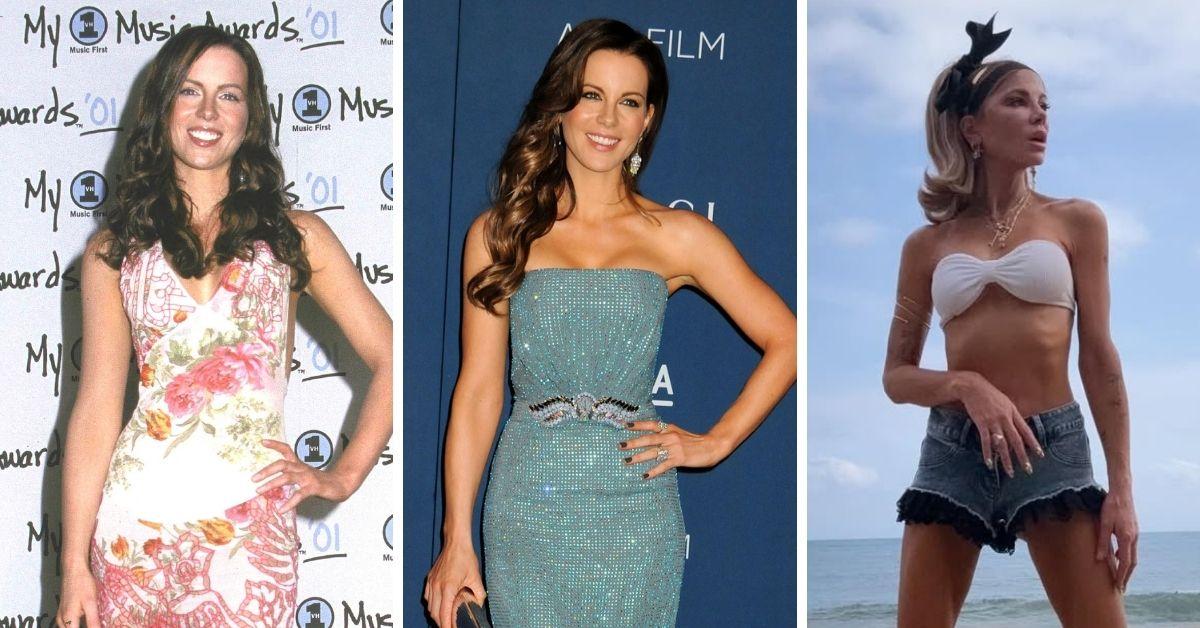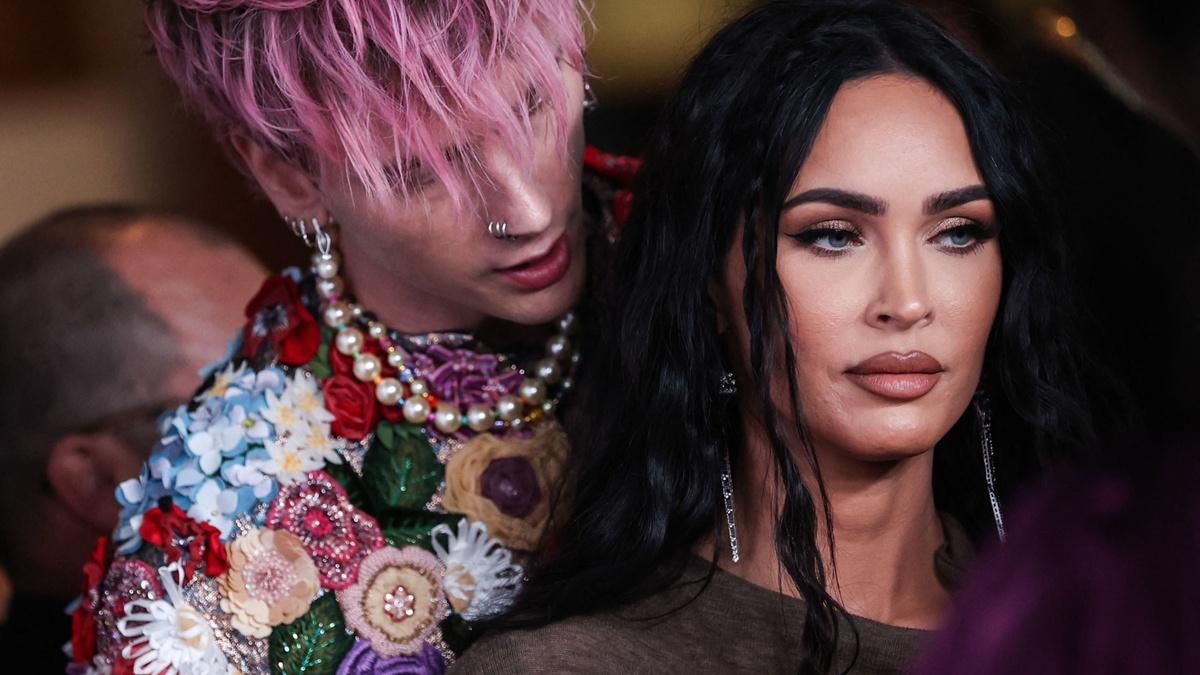Dementia-Stricken Bruce Willis' Family Struck By New Health Fight: How 'Die Hard' Star’s Daughter Waged Brutal Battle Against Autism Diagnosis

Bruce Willis' family have had to deal with another life changing diagnosis in the family.
Oct. 27 2024, Published 6:05 p.m. ET
Bruce Willis' daughter, Tallulah Willis, has come to terms with being diagnosed with autism as an adult.
RadarOnline.com can reveal the Willis family has applauded Tallulah's dedication to advocating for autism awareness and acceptance after the family was also hit with Bruce's dementia diagnosis.
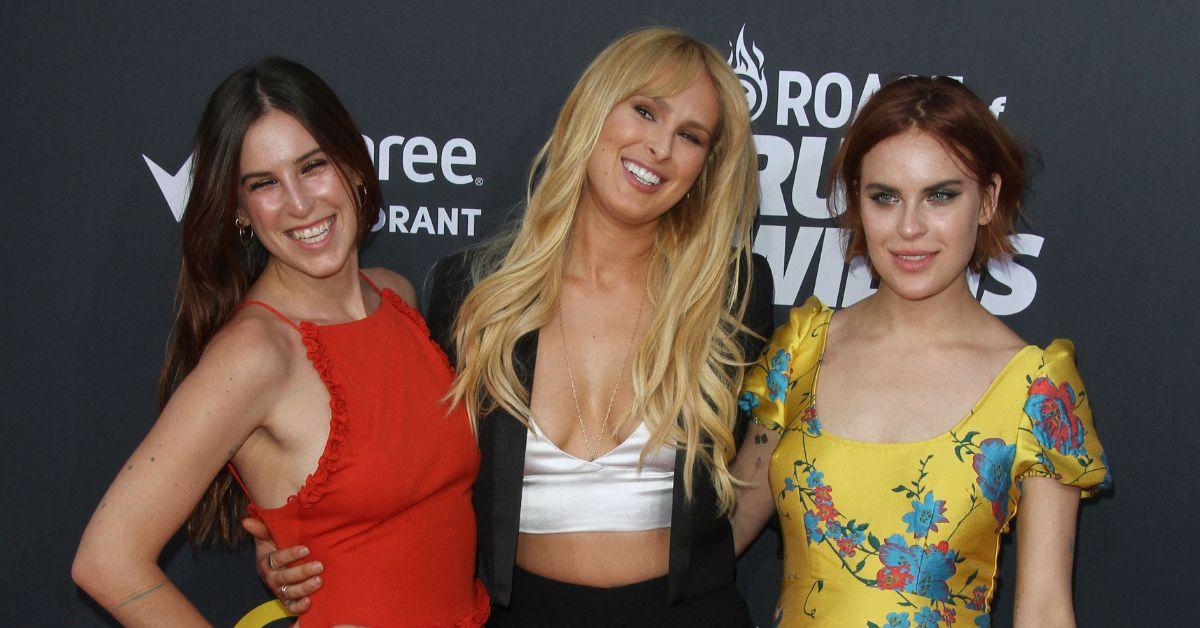
The Willis sisters have been in full support o Tallulah's autism diagnosis.
Rumer Willis has expressed her deep pride in her younger sister at the Autism Speaks Los Angeles Gala held on Thursday, October 24.
The older sister told the audience at the gala: "From the very start, she stood out — not just for her creativity, which was wild and boundless, but for the way she seemed to exist on a slightly different frequency from the rest of us.
"While other kids were coloring inside the lines, she was busy inventing her own worlds. And honestly, most of us were lucky just to keep up."
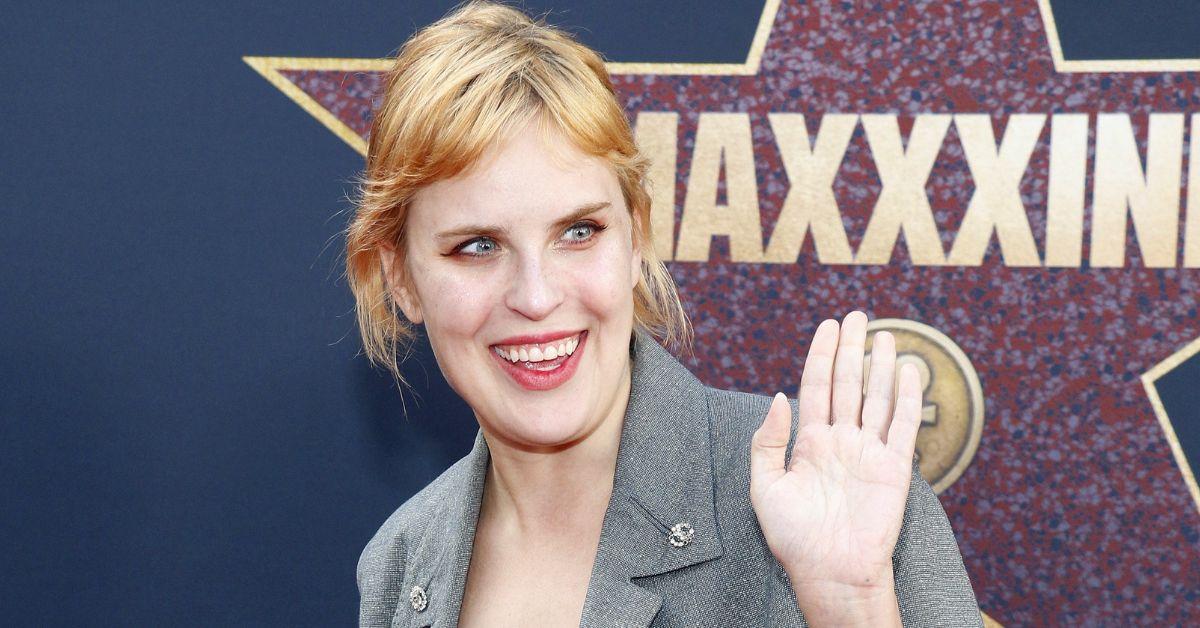
Tallulah referred to her autism as a 'superpower'.
Rumer acknowledged the valuable lessons Tallulah imparted, noting: "Being different isn't something to overcome – it's something to treasure."
She also credited Tallulah for shifting her perception and described witnessing Tallulah's growth as "one of the greatest privileges" she has experienced.
All of the Willis sisters attended the gala.
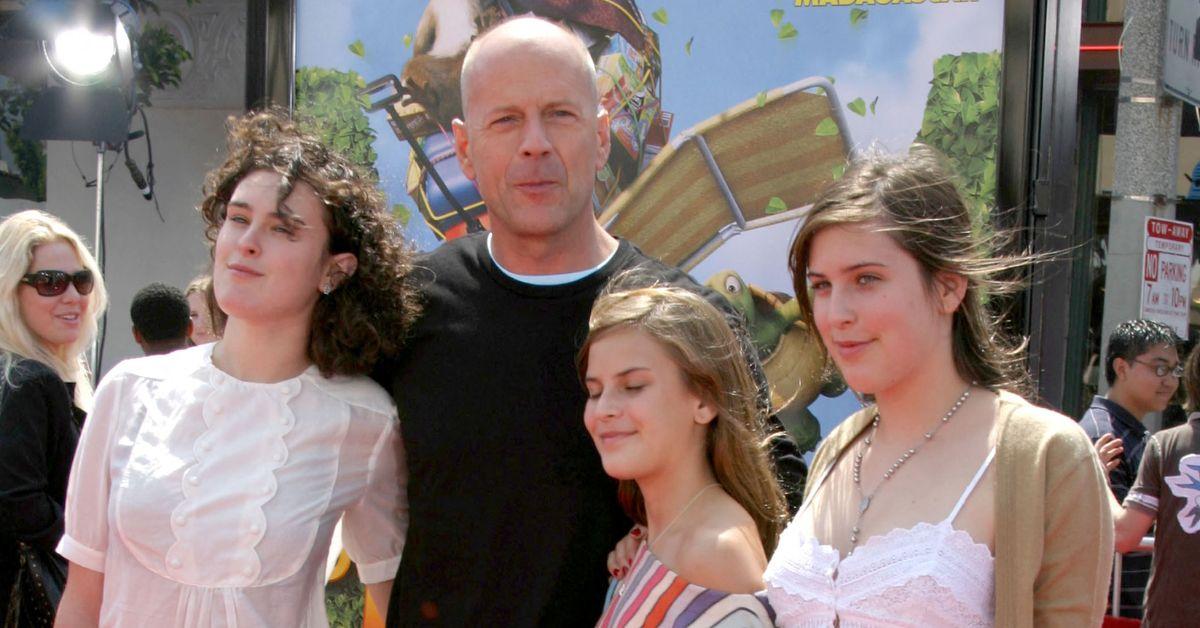
Bruce Willis retired from acting after he was diagnosed with dementia.
Tallulah revealed she was diagnosed with autism on Instagram in March when she shared a video of herself as a child touching her dad's head while he was being interviewed.
She captioned the video: "Tell me you're autistic without telling me you're autistic."
In response to a commenter asking when she was diagnosed with autism, Willis said it was a recent revelation at the time.
She wrote: "Actually this is the first time I've ever publicly shared my diagnosis. Found out this summer and it's changed my life."
The Willis daughter previously revealed she was diagnosed with ADHD as a teenager and, in 2022, was diagnosed with borderline personality disorder.
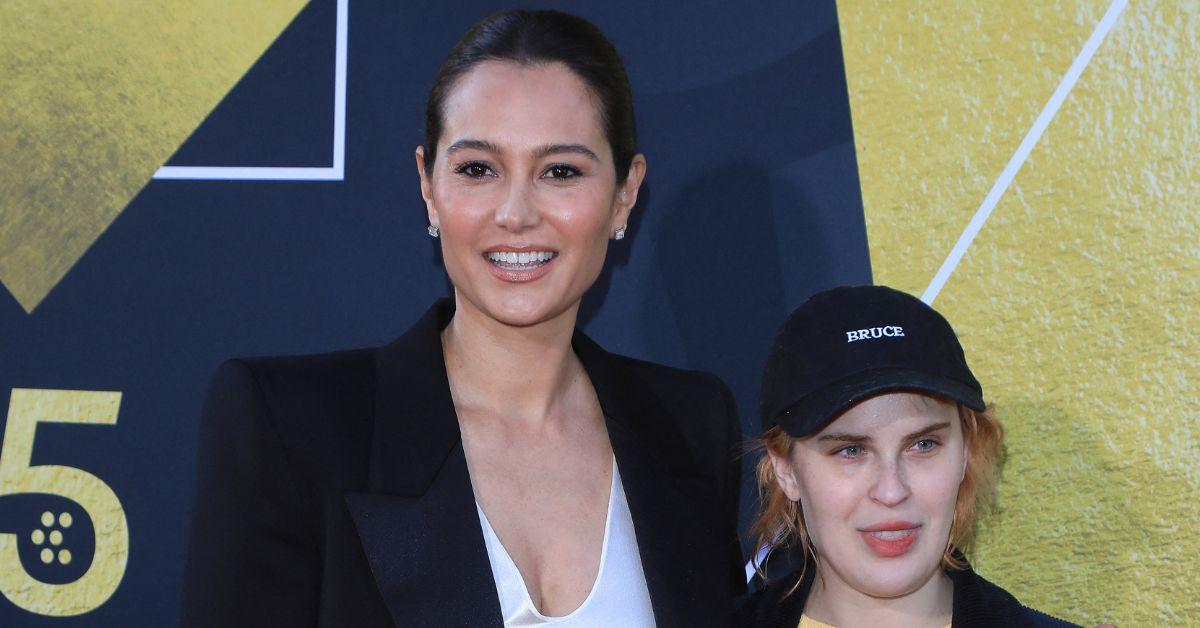
Tallulah is on the 'higher functioning' side of the spectrum.

Tallulah became a spokesperson for Autism awareness and has gone on to call it a "superpower."
In an interview with People, she said: "I know that being someone who is on the higher functioning side of the spectrum, it is my own journey.
"I feel very fortunate. And with that comes my responsibility and my desire to continue to create awareness and advocacy, particularly on females getting late-in-life diagnoses."
She also said receiving her diagnosis gave her "a level of validation and kind of a sense of these things are not just in my head, or more than anything is I'm not too much".
Have a tip? Send it to us! Email RadarOnline.com at tips@radaronline.com.

